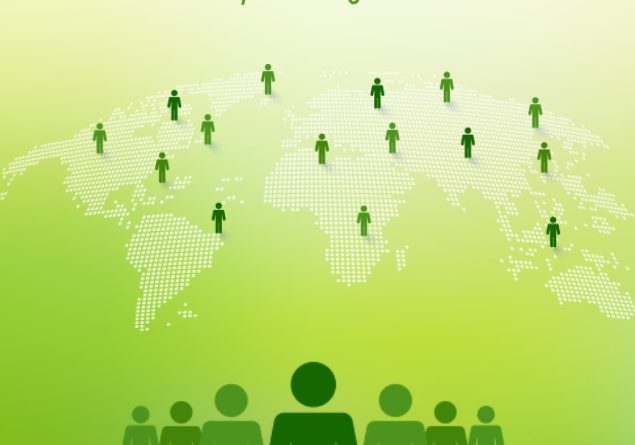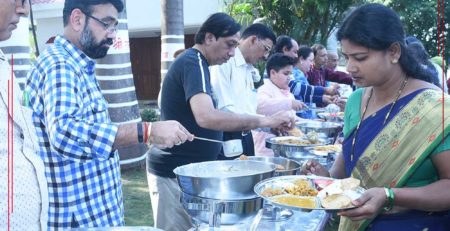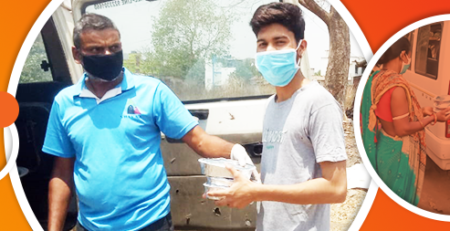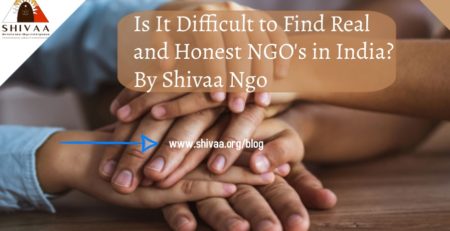World Population Day – The Key is Women Empowerment
“Think of the globe as a living organism that’s being attacked by billions of bacteria whose numbers double every forty years. Either the host dies, or the virus dies, or both die.” – Eugene Luther Vidal, American novelist and critic. The world is bursting at it seams thanks to the burgeoning global population. per this estimates, the earth population is approximately around 6.5 billion. And India’s population alone is approximately 1.17 billion, which is one-sixth of the world population. So what’s the large deal? Well, its simple logic! When the world grows in numbers so does it problems! Bigger the numbers bigger the problems get! More people would mean more food to be grown to feed, more resources to produce quality health and education, more jobs to be created to supply employment, more cities and towns to accommodate and much of of such things! Unfortunately, this global economic meltdown won’t allow this to happen too quickly because it should be. In fact, it’s already put the brakes on several important global issues the primary being health and education. This twin-problem of skyrocketing population and also the worldwide financial and standing threatens to reverse hard-won gains in education and health in developing countries therefore the worst to be hit by this are women and girls, feels the UN. Even before the crisis happened, women and girls represented the majority of the world’s poor. And now this crisis has only aggravated their situation pushing them inside into poverty, exposing them to increased health risks, especially if they’re pregnant, and to hunger, malnutrition, and unemployment. the planet cannot afford to point a blind eye to the problems of the women as this has the ominous potential to spill over to affect the worldwide community at large. Hence, rightly so, the foremost focus of this year’s World Population Day on July 11 is investing in women and girls. The UN is urging member nations to still invest more in empowering women to help us get out of this global turmoil. this fashion the earth organisation believes that the world are visiting be swap on the trail in achieving the Millennium Development Goals. Origin and purpose of the world Population Day (WPD) The need of the hour is to form awareness among global communities about the population crisis amid the economic meltdown and thus the worst repercussions it’ll cause, particularly to women and girls and also the way addressing these issues will help the globe! and also the world will must unite to act and still brainstorm to return out with innovative and safer ways to tackle the inequality between available resources and also the increasing population! And this year’s World Population Day on July 11 seeks to do and do and do to to precisely this. This year is that the 20th anniversary of World Population Day. And what started as an annual event by the Governing Council of the UN Development Programme in 1989 which itself was inspired by the Five Billion Day on July 11, 1987 when the world’s population reached five billion, has now probably assumed greater importance like never before. except honouring the customary way of celebrations to lift awareness of world population issues, set goals and seek ways by organising events, workshops, rallies and seminars and debates, this year’s WPD incorporates an honest bigger task there because the planet reels under the recession! 2009 WPD theme can help tackle recession-induced inadequacies and world act The theme for this year’s alinement Population Fund’s (UNFPA) World Population Day is “Fight Poverty, Educate Girls.” With banners that declare “When girls reside school and acquire an education, poverty has no chance,” this year’s campaign urges every man and woman to ‘join the anti-poverty movement and educate girls.’ This year, the world Population Day aims to create awareness of the importance of coaching girls to help solve the vicious circle of repercussions starting from development issues, to poverty, to human rights and to gender equality. The global economic meltdown has been a explanation for extra concern for a world that’s already facing the acute problem of skyrocketing population. What started as a financial crisis in rich countries is now deepening into a world status that’s hitting developing countries hard. Recession basically means how of insecurity resulting in deep cutbacks on expenditure including on existing and new investments leading to unemployment, increasing protectionism which suggests that more and more people employed in foreign countries and institutions becoming jobless, governments spending less on public welfare projects like education, health, nutrition, which finally ends up in disempowerment of people and ladies particularly. of those will only make things go worse. According to the UNFPA, the key lies in empowering women and children particularly those in developing countries as they’ll bear the brunt of the impact of the recession. The key lies in educating girls and empowering women to satisfy these challenges by way of policy responses that depend on women’s roles as economic agents. The governments across the world should also continue and increase investments publically health, education, child care and other social services as these will help lessen the impact of the crisis on the whole family and lift productivity for a healthier economy. What’s at stake! The UNFPA sponsored International Conference on Population and Development (ICPD) has warned that in times of recession, the sexual and reproductive health services will likely suffer as health expenditures are within the reduction of. However, it is a undeniable fact that every dollar invested in reducing unmet need for contraceptive services will avoid about $2-4 in expenditures on maternal and newborn health. Also at stake is that the well being of the kids which is in a position to be dramatically impacted because of loss of jobs for girls in both formal and informal sectors. This to not mention restricted access to contraception services and health services could force them to need recourse to abortion, including unsafe abortion.







Leave a Reply